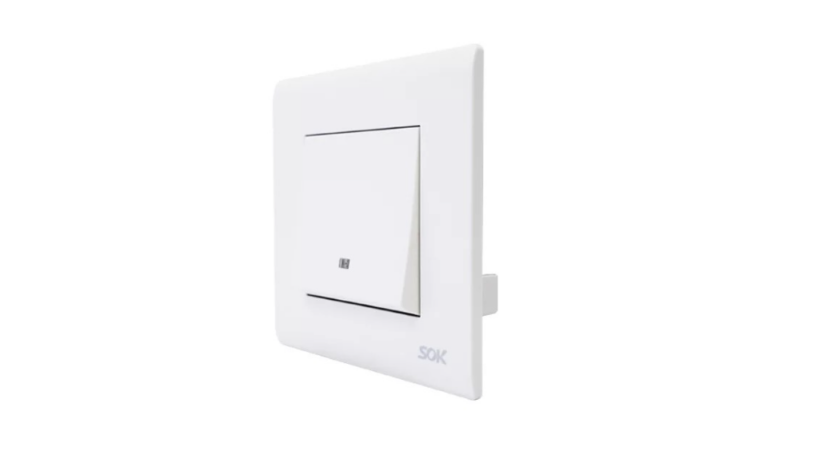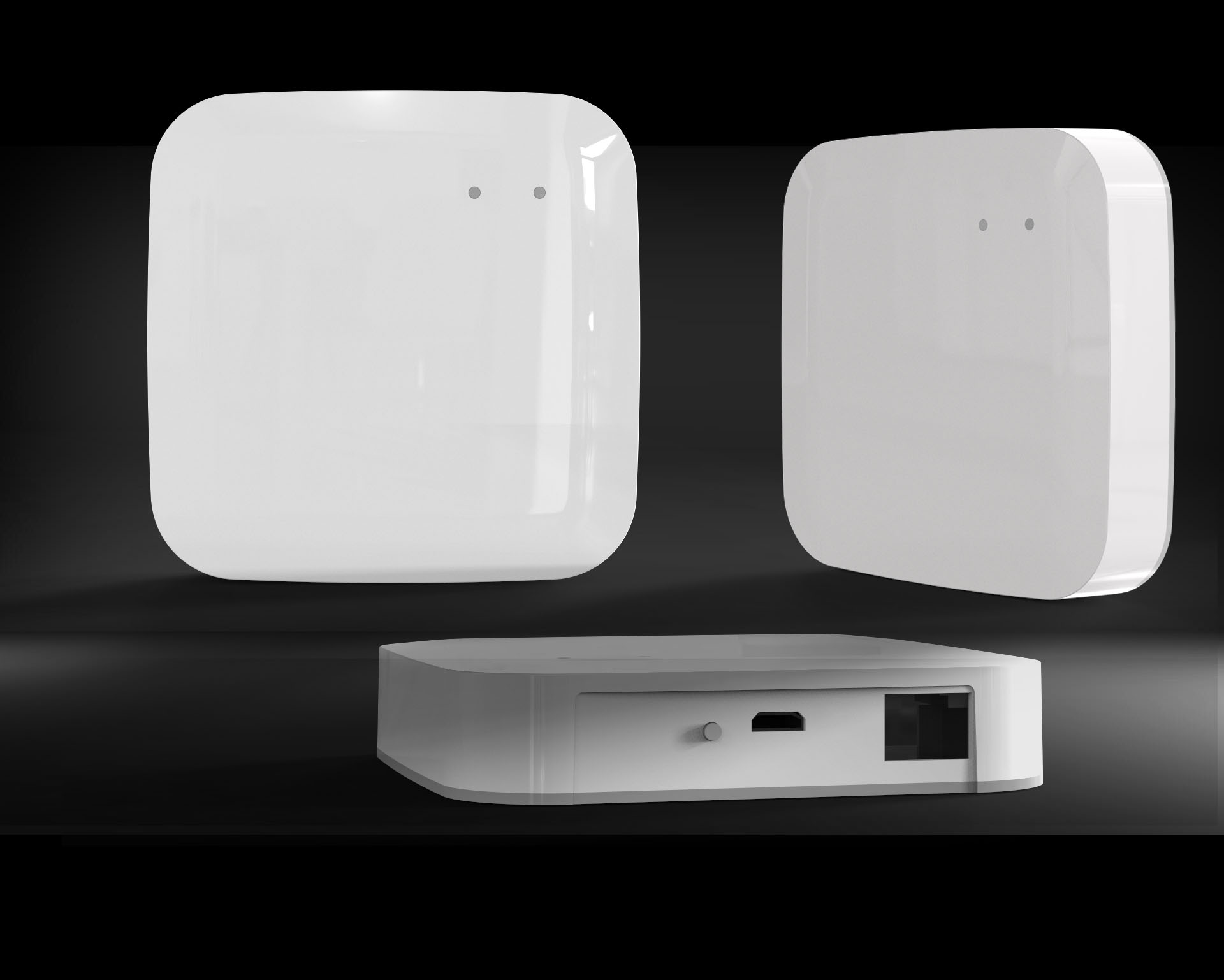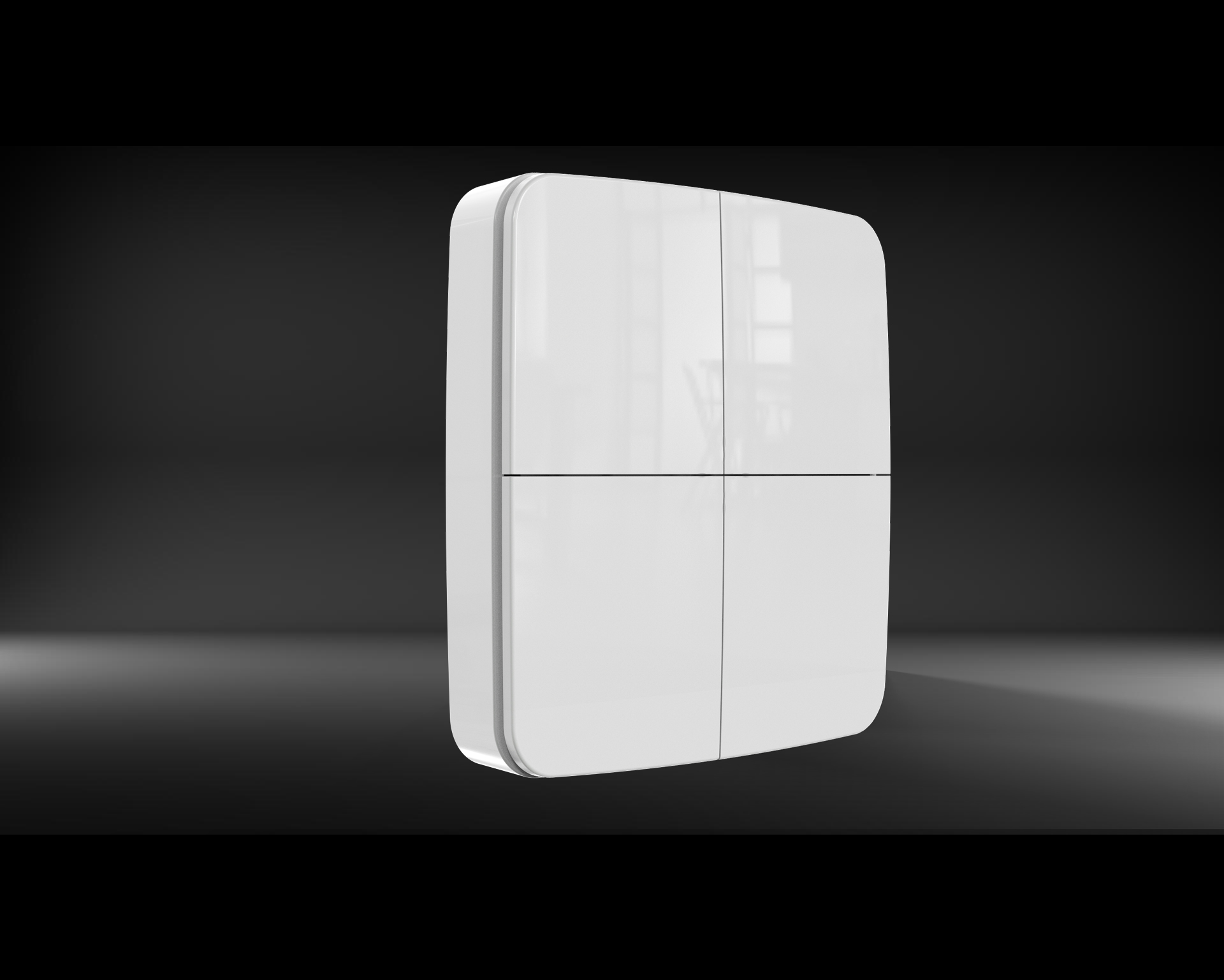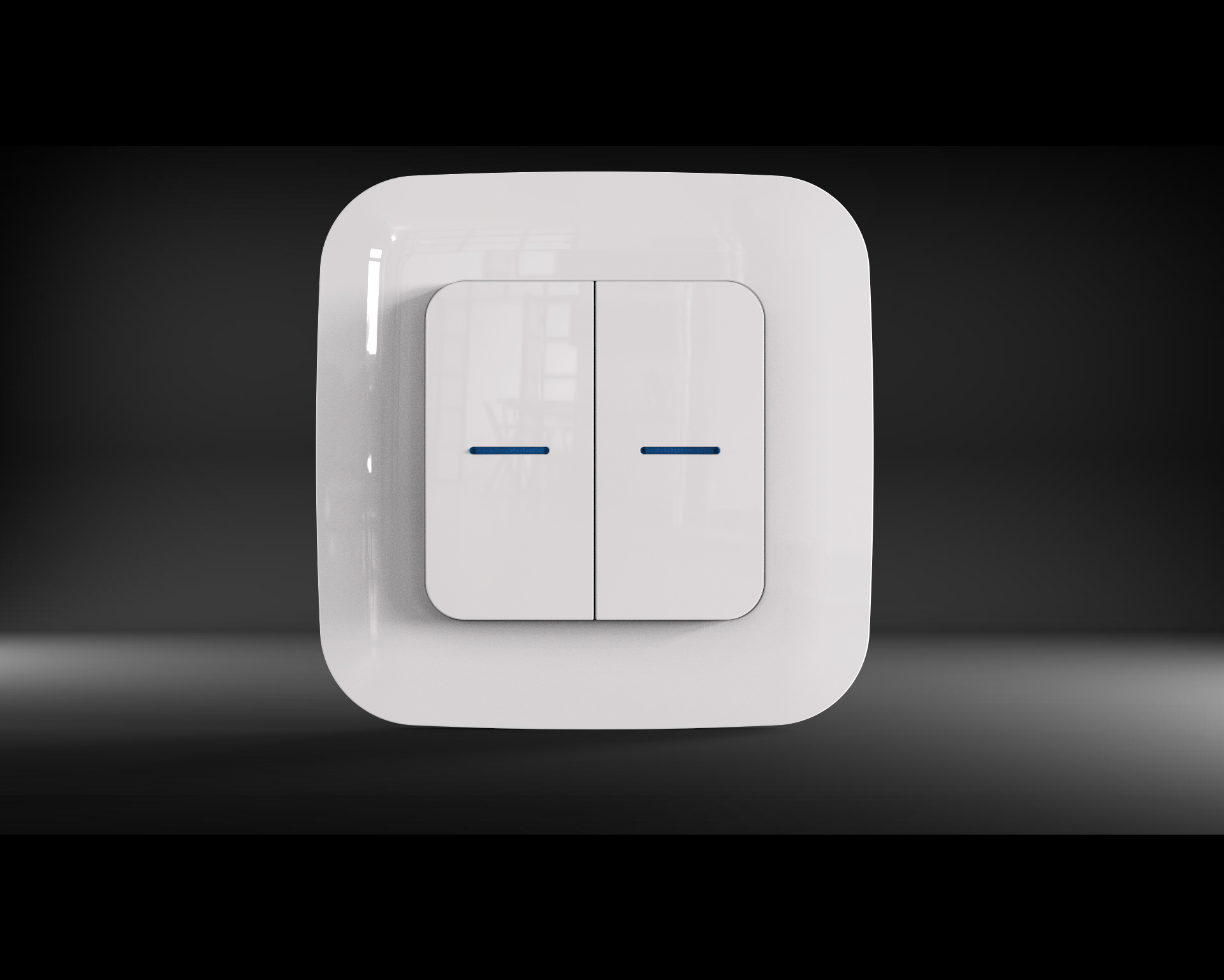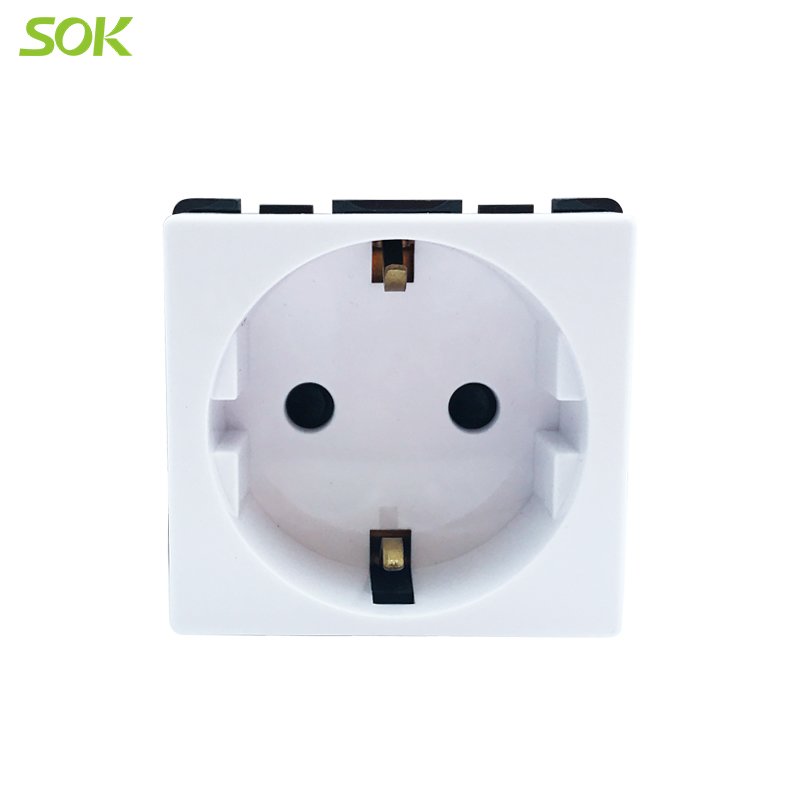A one-way switch, also known as a single-pole switch, is a common electrical device found in residential and commercial settings. It plays a vital role in controlling the flow of electricity to various appliances and lighting fixtures.
Basic Functionality of a One-Way Switch
A one-way switch is designed to control the flow of electrical current in a circuit by either allowing or interrupting the flow. It consists of a single pole that connects or disconnects the electrical supply. When the switch is in the "ON" position, the circuit is closed, allowing electricity to flow. Conversely, when the switch is in the "OFF" position, the circuit is open, cutting off the electricity flow.
What Is a One-Way Switch Usually Used For?
The one-way switches can be used for lighting control, appliance control, standalone switches, switches in multiple locations, and more.
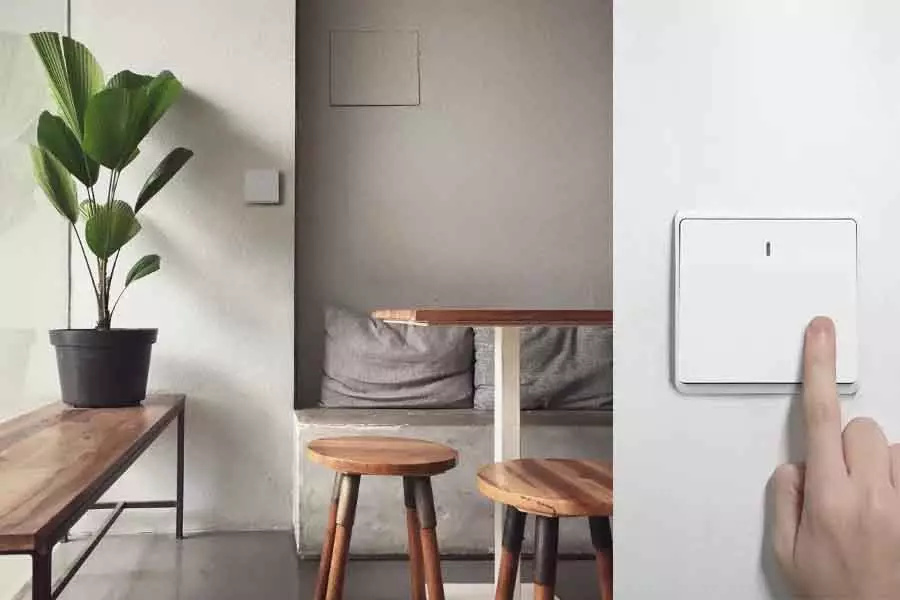
The following are additional descriptions of some of the major applications for one-way switches:
Lighting Control
One-way switches are extensively used to control lighting fixtures in homes, offices, and various commercial spaces. In a typical scenario, a one-way switch is connected to a light source. By flipping the switch, you can turn the light on or off. One-way switches are often found at the entrance of a room or near the door, providing convenient access to control the lighting.
Appliance Control
One-way switches also play a crucial role in controlling electrical appliances, such as fans, pumps, or kitchen appliances. By connecting an appliance to a one-way switch, you can easily activate or deactivate it as needed. For example, you can turn a ceiling fan on or off using a one-way switch mounted on the wall.
Standalone Switches
One-way switches are commonly used as standalone switches, meaning they control a single light fixture or appliance. These switches are typically installed in locations where independent control is required. Standalone one-way switches are often used in bathrooms, bedrooms, or other areas where individual lighting or appliance control is desired.
Switches in Multiple Locations
In certain areas, such as large rooms, hallways, or staircases, it is often necessary to control the same light fixture from multiple locations. This is achieved using two or more one-way switches connected in parallel, creating a three-way or four-way switch configuration. In such setups, flipping any of the switches can turn the light on or off, regardless of the switch's location within the circuit.
Importance of One-Way Switches in Safety
One-way switches contribute to electrical safety by providing a simple means to cut off the power supply to specific areas or appliances. In case of emergencies or when repairs or maintenance are needed, these switches allow for the quick and easy disconnection of power. They serve as a convenient method to isolate electrical circuits, reducing the risk of electrical shocks or accidents.
Versatility in Wiring Configurations
One-way switches can be wired in various configurations, allowing for customization based on specific needs. They can be connected in series or parallel depending on the desired circuit arrangement. Electricians can utilize different wiring techniques to achieve the desired functionality, such as controlling multiple lights from a single switch or vice versa.
One-way switches are indispensable devices that provide control over lighting fixtures and electrical appliances in our daily lives. They offer convenience, safety, and versatility, enabling us to easily regulate the flow of electricity. Whether used as standalone switches or in multiple locations, these switches play a vital role in modern electrical systems. Understanding their purpose and applications empowers us to utilize them effectively and make our spaces more functional and efficient.
